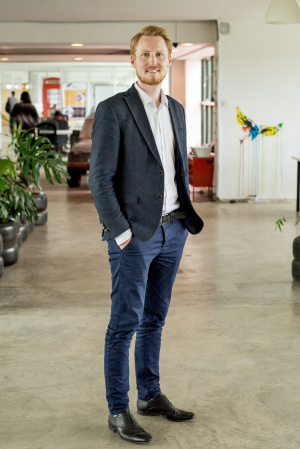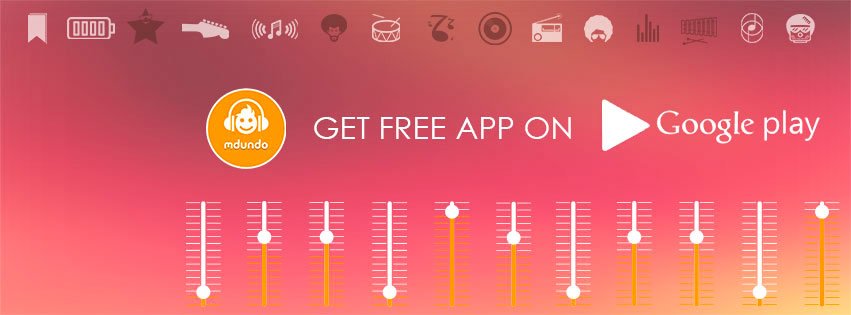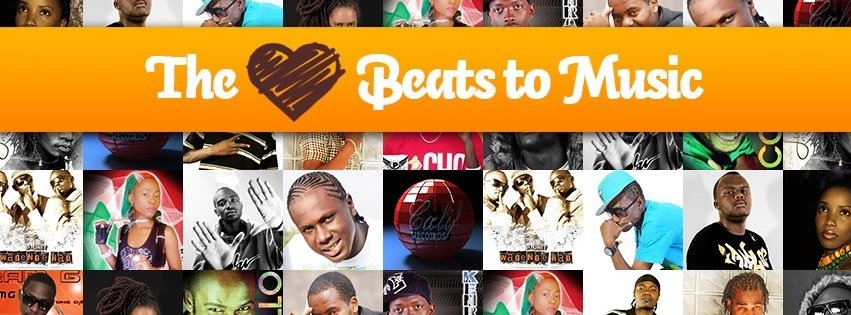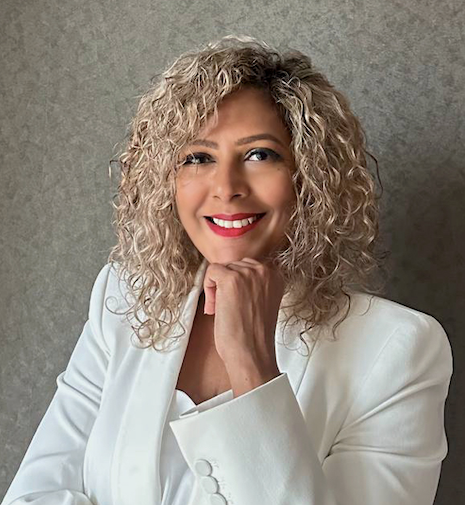Music in Africa, is ancient, rich and diverse, with different nations having distinct musical traditions. The Brandberries team interviewed Martin Nielsen, CEO of Mdundo, one of Africa’s up and coming mobile music platform. Based in Kenya, Mdundo is a disruptor brand that aims to empower artists, fight piracy and make music accessible to everyone one in Africa. Mdundo, an engaging narrative from the heart of Africa.
 BB: Music is an emotional touchpoint, it incites social action and forges lasting bonds. In a nutshell, can you tell us the story of Mdundo ?
BB: Music is an emotional touchpoint, it incites social action and forges lasting bonds. In a nutshell, can you tell us the story of Mdundo ?
MN: We founded Mdundo to serve Africans with easy access to music. Music is consumed by all people in Africa in one way or another but due to the poor market structures in the industry music is often not distributed legally and in those cases where it is, it often doesn’t benefit the owner of the copyright. In the process of creating a platform that serves this purpose we’ve collected a huge catalogue, more than 30,000 titles, of big well-known African hits, tribal niche music in native languages and new sounds by unknown artists, all of which is not available anywhere else online.
BB: Can you talk to us a little about the Mdundo brand identity?
MN: The word “Mdundo” means “Rhythm” in Swahili. To us Mdundo is a feeling. The feeling of music and rhythms. Music and feelings are hard to separate, most people relate songs to moments and specific feelings. This is exactly what the Mdundo brand represent, the feelings you have when you listen to music and the music you relate to the favourite moments in your life.
BB: How is Mdundo going to disrupt the mobile music scene in Africa ?
MN: We believe we’ve already disrupted it. There’s no big secret formula, we are looking at what is currently working in Africa for music distribution – which is illegal free downloaded music. Most illegal music services make a lot of advertisement revenue but they do not ask for permission from the music owners to distribute the music and they do not share any revenue. Instead of inventing a new way of distributing music or changing the current behaviour of our audience we deliver a service which is a direct substitute with the illegal service – however benefitting the industry.

BB: Africa is a vast continent with a rich diversity and distinct music, how does Mdundo aim to reflect this multiculturalism? Can Mdundo play a role in connecting people in the region?
MN: This has actually been very interesting for us. We did not expect to find so many different sounds in Africa, but for every country we have hundreds of different sounds and languages unique to the outside world. This music is actually some of the most popular music on our platform. It’s not “hits” but it never dies and it gets a steady amount of downloads every day. I am not sure if we help connecting people in the region but we are definitely helping each sound to survive. Most of this music is not available anywhere else for public consumption.

BB: Being the first of its kind in Africa, Mdundo is the worlds window to African music. How can Mdundo play an integral role in voicing out the African music on a regional and global level?
MN: I don’t think Mdundo is the first, but we are one of the biggest at this point. Our catalogue is very unique, most music industries in African countries are heavily dictated by the mass media and the telcos. We are in a position where we can offer space to all musicians, there’s no judge of the music only the fans. We have music not known to the mass audience topping our charts in Kenya as well as in Tanzania. Giving the power to determine what music should be “popular” back to the listeners creates fairer competition in the music industry. In addition, we give musicians access to a bigger market reaching beyond the borders of the country. This is especially beneficial for niche musicians. An example could be a Kenyan rock band, rock is still a fairly small genre in Kenya (however rapidly growing), for a Kenyan rock band to create a sustainable business they need a bigger audience than Kenya only, we can help them reach rock fans in Tanzania and Uganda and thereby growing the market size for the band.

BB: How will Mdundo impact the African Music sector and foster sustainability and networking?
MN: Mdundo is a middleman and we try not to take an active role in the direction of the industry, we are very happy to provide a solution that speaks for itself and where the musicians themselves can decide the direction of the industry. We have direct contact to all our musicians and we circulate industry news as well as opportunities, workshops and network events to all our musicians. We are a neutral communication channel in the industry, we believe that by making data easily accessible and providing a non-biased solution the industry will find the most sustainable direction and we will build a stronger business.
BB: Can you give some tips for entrepreneurial musicians in the Middle East and Africa on how to establish an engaging, powerful and sustainable personal brand for themselves ?
MN: Mdundo is not a music label and we are not specialised in brand management and for that reason I wouldn’t be the best person to ask. We do however have a lot of data and we’ve seen musicians growing on our charts. Many musicians try to make a “breakthrough” hit which will make them famous and grow their brand however the reality is that everything started small. Everyone needs “ambassadors” or “followers” who loves your brand, finding your first 100 fans is the hardest part. If you as a musician do live shows, then identify the people who show up again and again, even if 4-5 people. Find out more about who they are and why they like your music and then find more people like that. Having 50 fans willing to show up at your next concert and pay for your music is worth a lot more than 1,000 people liking your photo on Instagram. Building a strong foundation of loyal fans is also a lot more work but when you get it right you have created real long term value for your brand.

BB: Does Mdundo plan to go into music content partnerships with any global Music production houses or it plans to stay in Africa ? Is the brand up for acquisition ?
MN: Our main objective is to deliver music to Africans, in this process we have ended up also delivering African music to the world, but this is actually not an objective for us. Our focus is to deliver music to Africans, not only African music, so we are actively working with global music labels and music aggregators to secure delivery of their music to our African audience. We have started with African music because we believe this is where we create unique value for the African audience.





